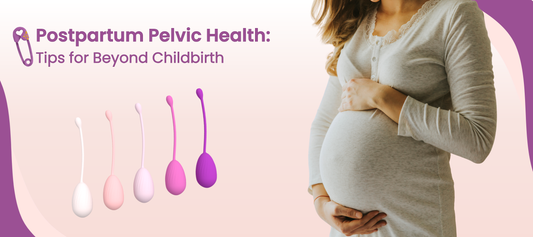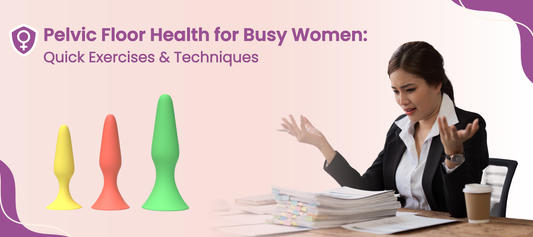
5 Signs You Might Need a Pelvic Dilator
Pelvic health is essential to overall well-being, yet many people overlook symptoms that could signal deeper issues. Pelvic dilators, often used in pelvic floor therapy, are designed to help those struggling with pelvic pain and discomfort. If you’re wondering whether a vaginal dilator might be right for you, here are five signs that suggest it could be beneficial.
Persistent Pelvic Pain
Experiencing ongoing pain or discomfort in your pelvic area may indicate issues with your pelvic floor muscles. If these muscles are too tight or weak, they can cause pain during everyday activities, intercourse, or medical exams. A pelvic dilator can help stretch and relax these muscles, providing relief and improving your pelvic health.
Difficulty with Penetration
If you experience pain or discomfort during intercourse, tampon use, or pelvic exams, this may be a sign of vaginismus or vaginal tightness. Vaginal dilators are commonly recommended by healthcare providers to gradually stretch and relax the vaginal muscles, making penetration easier and less painful.
Post-Surgery Discomfort
After surgeries like a hysterectomy or radiation therapy, some people experience vaginal scarring or tightness. Using pelvic dilators can help restore elasticity, maintain vaginal flexibility, and prevent further complications as part of your recovery process.
Menopause-Related Vaginal Changes
During menopause, decreased estrogen levels can cause the vaginal tissues to become dry, tight, and less elastic. These changes can lead to discomfort, particularly during intercourse. Pelvic floor therapy that includes the use of dilators can improve vaginal flexibility and reduce pain caused by these hormonal shifts.
Pelvic Floor Dysfunction
If you’ve been diagnosed with pelvic floor dysfunction, you may have difficulty controlling or relaxing the muscles in this region. Vaginal dilators, when used as part of pelvic floor therapy, can help retrain your muscles to function properly, easing tension and pain while improving pelvic health.









